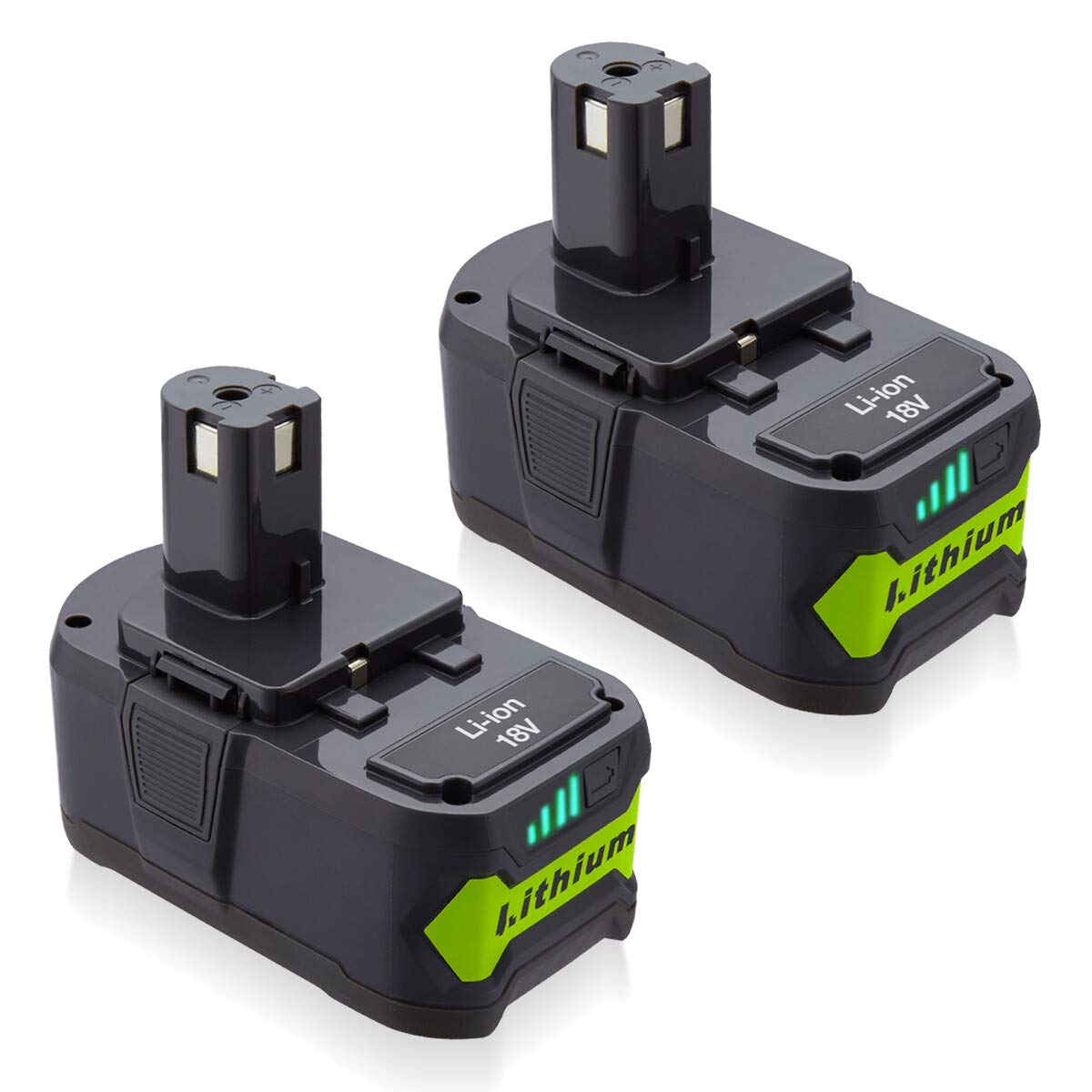

Articles
What Batteries Are Compatible With Ryobi
Modified: January 8, 2024
Discover which batteries are compatible with Ryobi tools with our informative articles. Learn about the different options available and make an informed choice for your power tool needs.
(Many of the links in this article redirect to a specific reviewed product. Your purchase of these products through affiliate links helps to generate commission for Storables.com, at no extra cost. Learn more)
Introduction
Batteries are an essential component of many electronic devices, enabling them to function cordlessly and without the need for a constant power supply. In the world of power tools, the brand Ryobi is well-known for its high-quality and reliable products. Ryobi offers a wide range of power tools that are powered by batteries, providing users with the convenience and mobility they need for various projects and tasks.
However, when it comes to purchasing replacement batteries for Ryobi tools, it is important to consider compatibility. Not all batteries are compatible with Ryobi tools, as different manufacturers may have slightly different specifications and designs.
In this article, we will explore the different types of batteries that are compatible with Ryobi tools, including the popular lithium-ion batteries, as well as other options like nickel cadmium (Ni-Cd) and nickel metal hydride (NiMH) batteries. We will also take a look at the specific battery models offered by Ryobi and highlight other battery brands that are compatible with Ryobi tools.
Whether you are a professional tradesperson or a DIY enthusiast, understanding battery compatibility is crucial to ensure optimum performance and longevity of your Ryobi power tools. So, let’s dive into the world of Ryobi battery compatibility and discover the best options for your power tool needs.
Key Takeaways:
- Choose lithium-ion batteries for optimal performance, longer runtimes, and lightweight design for your Ryobi tools. Follow recommended charging and storage practices to maintain their overall health and ensure longevity.
- Consider genuine Ryobi batteries or reputable third-party brands for compatible options, balancing budget and specific needs. Ensure third-party batteries meet necessary specifications and compatibility requirements for your specific Ryobi tool.
Read more: Who Sells Ryobi Batteries
Ryobi Battery Compatibility
When it comes to compatibility, Ryobi tools are designed to work with specific battery types and models. Understanding the compatibility requirements will help you make an informed decision when purchasing replacement batteries for your Ryobi tools.
The primary battery type used in Ryobi tools is lithium-ion (Li-Ion) batteries. These batteries are known for their high energy density, lightweight design, and longer runtimes compared to other battery types. Ryobi offers a wide range of lithium-ion batteries in different capacities, allowing users to choose the battery that best suits their needs.
In addition to lithium-ion batteries, Ryobi tools are also compatible with other battery types, such as nickel cadmium (Ni-Cd) and nickel metal hydride (NiMH) batteries. However, it is important to note that these battery types are older and generally offer shorter runtimes and less overall performance compared to lithium-ion batteries.
Ryobi tools typically have a battery compartment or slot that is designed to accommodate specific battery sizes and shapes. It is crucial to ensure that the replacement battery you choose is compatible in terms of size, shape, and voltage. Using an incompatible battery may not only result in poor performance but can also potentially damage the tool.
To determine the compatibility of a battery with your Ryobi tool, you can refer to the user manual or the label on the tool itself. These resources will provide you with the necessary information regarding the compatible battery models and specifications.
Ryobi also offers a range of battery chargers that are designed for the specific battery type. It is important to use the appropriate charger for your battery to ensure safe and efficient charging. Using an incompatible charger may not only affect the battery’s performance but can also pose safety risks.
Overall, it is recommended to use genuine Ryobi batteries for optimal compatibility and performance. Genuine Ryobi batteries undergo rigorous testing and are specifically designed to work seamlessly with Ryobi tools. However, there are also third-party battery brands that offer compatible options at a lower cost. We will explore some of these alternatives in the next section.
Lithium-Ion Batteries
Lithium-ion (Li-Ion) batteries have revolutionized the world of rechargeable batteries with their high energy density, lightweight design, and long-lasting performance. They have become the preferred battery type for many electronic devices, including power tools.
Ryobi offers a wide range of lithium-ion batteries that are specifically designed for their power tools. These batteries are available in various capacities, ranging from compact 1.5Ah batteries to high-capacity 4.0Ah and 6.0Ah batteries. The higher the capacity, the longer the runtime of the tool.
One of the key advantages of lithium-ion batteries is their ability to hold their charge for extended periods when not in use. This means that you can pick up your Ryobi tool, even after weeks of storage, and still have a fully charged battery ready to go.
Ryobi’s lithium-ion batteries also feature built-in fuel gauge indicators, allowing you to easily monitor the remaining charge. This eliminates the guesswork of knowing when to recharge the battery, ensuring that you never run out of power in the middle of a task.
In terms of performance, lithium-ion batteries offer a consistent power output, delivering reliable performance from start to finish. This is particularly beneficial for heavy-duty tasks that require sustained power. They also have a fast charging time, allowing you to get back to work quickly.
Another advantage of lithium-ion batteries is their lightweight design. Compared to other battery types like nickel cadmium (Ni-Cd), lithium-ion batteries are significantly lighter, reducing fatigue during prolonged use. The lighter weight also contributes to the overall balance and maneuverability of the tool.
It is worth noting that while lithium-ion batteries offer numerous benefits, they do come at a higher price point compared to older battery types. However, the investment is well worth it for the enhanced performance and convenience they provide.
To ensure the longevity and performance of your lithium-ion batteries, it is important to follow recommended charging and storage practices. Avoid overcharging or leaving the battery completely discharged for prolonged periods. Additionally, storing the battery in a cool and dry place will help maintain its overall health.
Overall, if you are looking for optimal performance, longer runtimes, and lightweight design, choosing a lithium-ion battery for your Ryobi tools is the way to go.
Nickel Cadmium (Ni-Cd) Batteries
Nickel Cadmium (Ni-Cd) batteries were once a popular choice for power tools before the advent of lithium-ion batteries. While they have been largely replaced by newer technologies, some Ryobi tools still support Ni-Cd batteries.
One of the advantages of Ni-Cd batteries is their ability to deliver a high initial surge of power, making them suitable for heavy-duty applications. They can handle high currents and provide consistent performance throughout the task. This makes Ni-Cd batteries a reliable option for tasks that require a lot of power.
However, there are some drawbacks to Ni-Cd batteries. One of the main disadvantages is their relatively low energy density compared to lithium-ion batteries. This means that they have shorter runtimes and may need to be recharged more frequently during use. Additionally, Ni-Cd batteries can experience a “memory effect,” where their overall capacity decreases if they are not fully discharged before being recharged. This can affect the overall performance and longevity of the battery.
Ni-Cd batteries also have a higher self-discharge rate compared to lithium-ion batteries. This means that they can lose their charge more quickly when not in use, making it necessary to recharge them before each use. It is recommended to store Ni-Cd batteries in a cool and dry place to reduce the rate of self-discharge.
As manufacturers have shifted their focus towards lithium-ion technology, the availability of new Ni-Cd batteries has become limited. However, there are still third-party manufacturers that produce compatible Ni-Cd batteries for Ryobi tools.
If you have legacy Ryobi tools that support Ni-Cd batteries and prefer not to invest in a new lithium-ion system, Ni-Cd batteries can still provide reliable power. Just keep in mind the limitations of Ni-Cd batteries, including shorter runtimes and the maintenance required to avoid the memory effect.
It’s worth noting that as technology continues to evolve, Ni-Cd batteries may become less common in the power tool market. Investing in lithium-ion batteries can future-proof your Ryobi tools and provide you with the benefits of longer runtimes, lighter weight, and overall better performance.
When looking for batteries compatible with Ryobi tools, make sure to check for the specific battery series that your tool requires, such as the 18V One+ or the 40V Lithium-ion series. Always ensure that the voltage and connector type match your tool for proper compatibility.
Nickel Metal Hydride (NiMH) Batteries
Nickel Metal Hydride (NiMH) batteries are another battery type that Ryobi tools are compatible with, although they are less common compared to lithium-ion batteries. NiMH batteries offer a balance between the older Ni-Cd batteries and the newer lithium-ion batteries.
One of the key advantages of NiMH batteries is their higher energy density compared to Ni-Cd batteries. This means that they can provide longer runtimes and more power compared to their Ni-Cd counterparts. NiMH batteries also have a lower self-discharge rate, allowing them to hold their charge for longer periods when not in use.
Like Ni-Cd batteries, NiMH batteries do not suffer from the “memory effect,” so they do not need to be fully discharged before being recharged. This makes them more convenient to use and maintain compared to Ni-Cd batteries.
However, it is important to note that NiMH batteries still have some limitations. They have a lower overall energy density compared to lithium-ion batteries, which means that their runtimes may not be as long. Additionally, NiMH batteries tend to have a higher self-discharge rate compared to lithium-ion batteries. This means that they may lose their charge more quickly over time, especially when not in use. It is recommended to recharge NiMH batteries before each use and store them in a cool and dry place to minimize self-discharge.
While NiMH batteries are compatible with Ryobi tools, they are not as widely available as lithium-ion batteries. However, there are still third-party manufacturers that produce NiMH batteries for Ryobi tools, allowing you to choose the battery type that best suits your needs and preferences.
If you have older Ryobi tools that support NiMH batteries or prefer a middle ground between the power and energy density of Ni-Cd and lithium-ion batteries, NiMH batteries can be a viable choice. Just keep in mind that they may not offer the same runtime and overall performance as lithium-ion batteries. If you anticipate demanding tasks or require longer runtimes, it may be worth considering upgrading to a lithium-ion system.
Overall, NiMH batteries provide a suitable alternative for those who still use Ryobi tools that support this battery type. However, lithium-ion batteries are generally considered the superior option due to their longer runtimes, lighter weight, and overall better performance.
Read more: Which Ryobi Battery Is The Best
Ryobi Battery Models
Ryobi offers a comprehensive lineup of battery models that are designed to power their range of power tools. These battery models are specifically engineered to provide compatibility, performance, and reliability for Ryobi tools.
One popular battery model is the Ryobi 18V ONE+ lithium-ion battery. This battery is part of Ryobi’s ONE+ system, which means it is compatible with a wide range of 18V Ryobi power tools. The 18V ONE+ lithium-ion battery is available in various capacities, including 1.5Ah, 2.0Ah, 2.5Ah, 3.0Ah, 4.0Ah, and 6.0Ah. The different capacities allow users to choose the ideal balance between runtime and weight for their specific tasks.
For those who prefer a higher voltage and more power, Ryobi also offers the 40V lithium-ion battery. The 40V batteries are designed for Ryobi’s line of 40V power tools, which are geared towards heavier-duty applications. The 40V lithium-ion batteries come in 2.6Ah, 3.0Ah, and 5.0Ah capacities, providing users with options depending on their runtime needs.
In addition to the main 18V and 40V battery lines, Ryobi also offers specialized batteries for specific purposes. For example, the Ryobi HP Lithium-Ion battery is specifically designed for Ryobi’s high-performance tools, delivering maximum power and performance for demanding applications.
Ryobi also provides batteries with unique features and technologies. The Ryobi ONE+ HP Compact Brushless batteries, for instance, feature brushless motor technology, optimizing runtime and power while maintaining a compact and lightweight design. This allows for improved efficiency and extended tool life.
It is important to note that while Ryobi offers a wide range of battery models, not all tools will be compatible with every battery model. Each tool may have specific requirements in terms of voltage, capacity, and form factor. Therefore, it is crucial to refer to the tool’s user manual or the label on the tool itself to understand which battery models are compatible.
Ryobi also provides battery chargers that are designed to work seamlessly with their battery models. Using the recommended charger for your specific battery model is important for optimal performance, charging speed, and safety.
To ensure the longevity and performance of your Ryobi batteries, it is important to follow the recommended charging and storage practices. Avoid overcharging or leaving the battery completely discharged for extended periods. Storing the batteries in a cool and dry place will help maintain their overall health.
With the wide range of battery models offered by Ryobi, you can find the perfect battery to power your Ryobi tools and tackle any project with ease.
Other Battery Brands Compatible with Ryobi
While Ryobi is known for its high-quality batteries, there are also other battery brands on the market that offer compatibility with Ryobi tools. These third-party battery brands provide alternative options for users who may be looking for cost-effective alternatives or specialty batteries that Ryobi may not offer.
One popular third-party brand that is compatible with Ryobi tools is P108. P108 batteries are designed as a replacement for Ryobi’s 18V ONE+ lithium-ion batteries. They offer similar performance and compatibility but may come at a lower price point. P108 batteries are available in various capacities, allowing users to choose the runtime that best suits their needs.
Anker is another brand that offers compatible batteries for Ryobi tools. Anker is known for producing high-quality lithium-ion batteries with fast-charging capabilities. Their batteries can be used as replacements for Ryobi’s 18V ONE+ line, providing users with longer runtime and reliable performance.
Energup is yet another brand that offers compatible batteries for Ryobi tools. Energup batteries are available in various capacities and are designed to deliver consistent power and runtime for Ryobi’s 18V ONE+ tools. These batteries also feature built-in fuel gauge indicators to monitor the remaining charge easily.
It’s important to note that when purchasing third-party batteries, it is crucial to ensure that they meet the required specifications and compatibility for your specific Ryobi tool. Checking the voltage, capacity, and physical fitment of the battery is essential to prevent any damage to the tool or poor performance.
Additionally, it is recommended to research the reputation and reliability of the third-party brand before making a purchase. Reading customer reviews, checking for warranties, and ensuring the brand’s commitment to quality can help you make an informed decision.
While third-party battery brands can provide compatible options for Ryobi tools, it’s important to understand that using these batteries may void any warranty provided by Ryobi. If warranty coverage is a significant factor for you, it may be worth considering genuine Ryobi batteries.
Ultimately, the decision to choose a third-party battery brand or stick with genuine Ryobi batteries depends on factors such as budget, specific needs, and personal preference. As long as the third-party battery meets the necessary compatibility requirements and is from a reputable brand, it can offer a viable alternative for powering your Ryobi tools.
Conclusion
When it comes to choosing batteries for your Ryobi power tools, compatibility is crucial. While Ryobi offers a range of high-quality and reliable batteries designed specifically for their tools, there are also other battery brands that offer compatible options. Understanding the different battery types and models will help you make an informed decision that suits your needs and budget.
Lithium-ion batteries are the preferred choice for Ryobi tools, offering high energy density, longer runtimes, and lightweight design. Ryobi provides a wide selection of lithium-ion batteries in various capacities to accommodate different power needs.
Nickel cadmium (Ni-Cd) batteries, although less common, are still compatible with some Ryobi tools. They provide a high initial surge of power, making them suitable for heavy-duty applications.
Nickel metal hydride (NiMH) batteries offer a middle ground between Ni-Cd and lithium-ion batteries. They provide longer runtimes and lower self-discharge rates compared to Ni-Cd batteries.
Ryobi offers a comprehensive range of battery models, including the popular 18V ONE+ and 40V lithium-ion batteries, as well as specialized batteries with unique features such as brushless motor technology.
In addition to Ryobi’s batteries, several third-party battery brands offer compatible options for Ryobi tools, providing alternative choices in terms of price and performance. However, it’s important to ensure that third-party batteries meet the necessary specifications and compatibility requirements for your specific tool.
Ultimately, the decision on which battery to choose for your Ryobi tools depends on your specific needs, budget, and preferences. It’s important to consider factors such as runtime, power output, weight, and compatibility to ensure optimal performance and longevity.
Whether you opt for genuine Ryobi batteries or choose compatible third-party options, selecting the right batteries for your Ryobi power tools will enhance your overall experience, enabling you to tackle projects with ease and efficiency.
By understanding battery compatibility and making informed choices, you can ensure that your Ryobi power tools always have the power they need to get the job done.
Frequently Asked Questions about What Batteries Are Compatible With Ryobi
Was this page helpful?
At Storables.com, we guarantee accurate and reliable information. Our content, validated by Expert Board Contributors, is crafted following stringent Editorial Policies. We're committed to providing you with well-researched, expert-backed insights for all your informational needs.
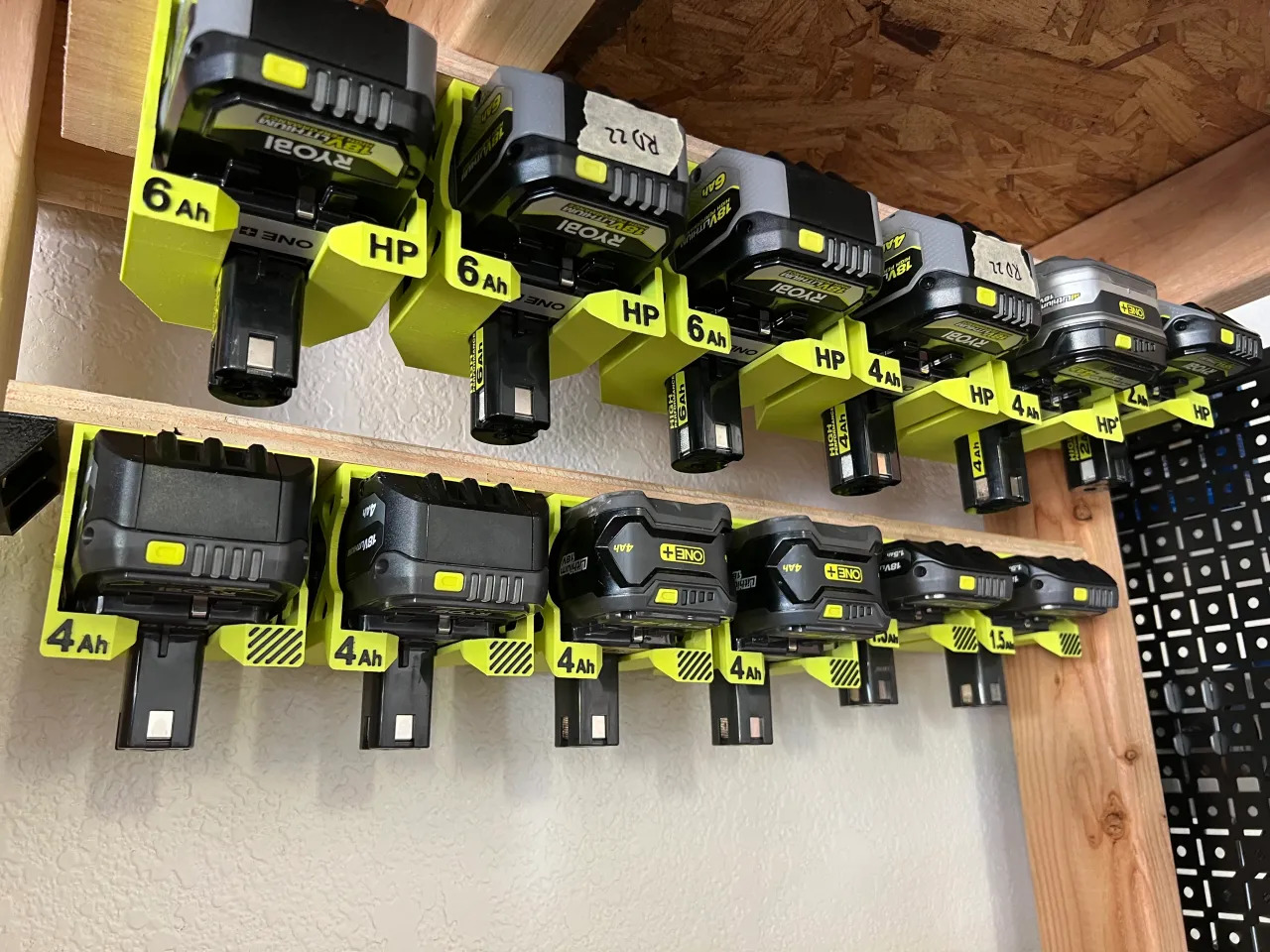
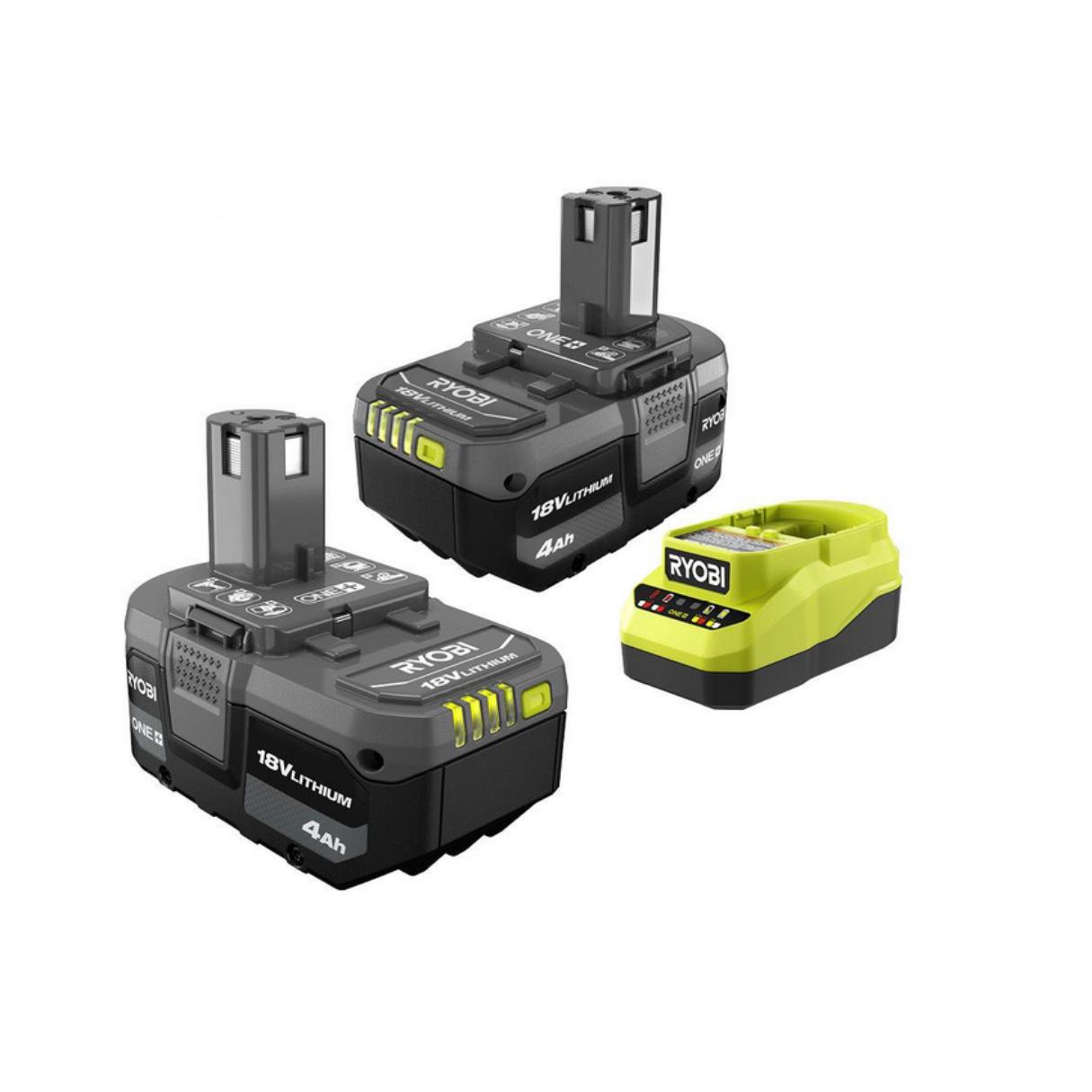
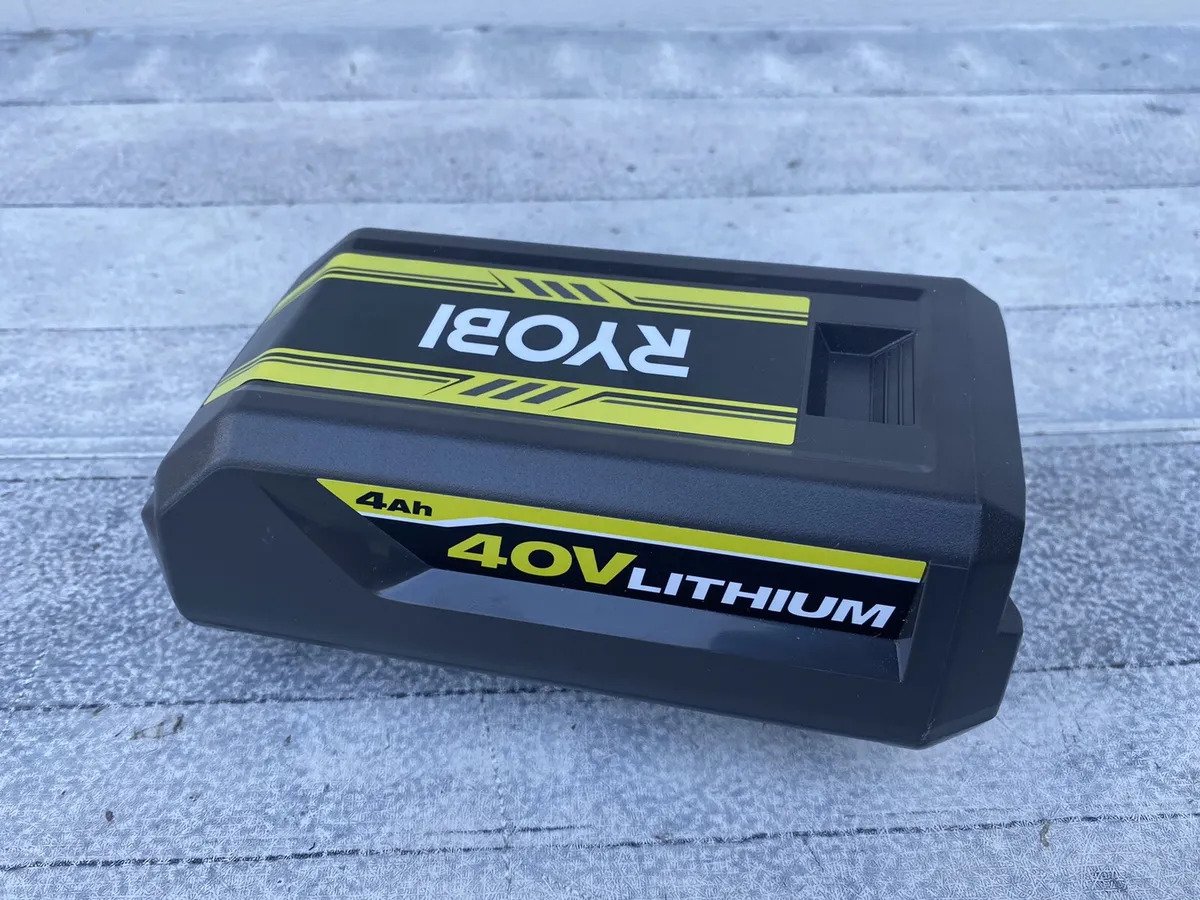
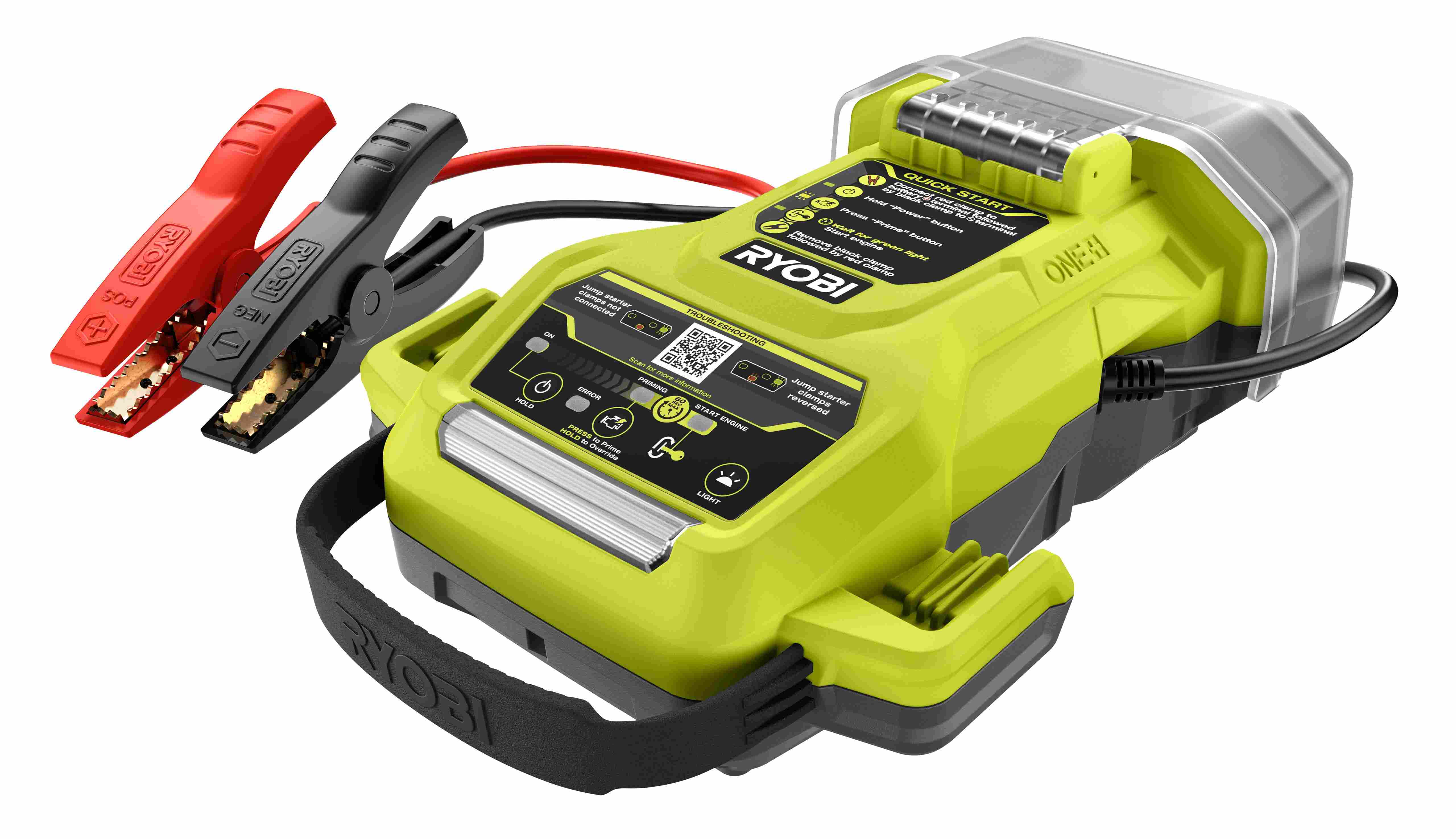
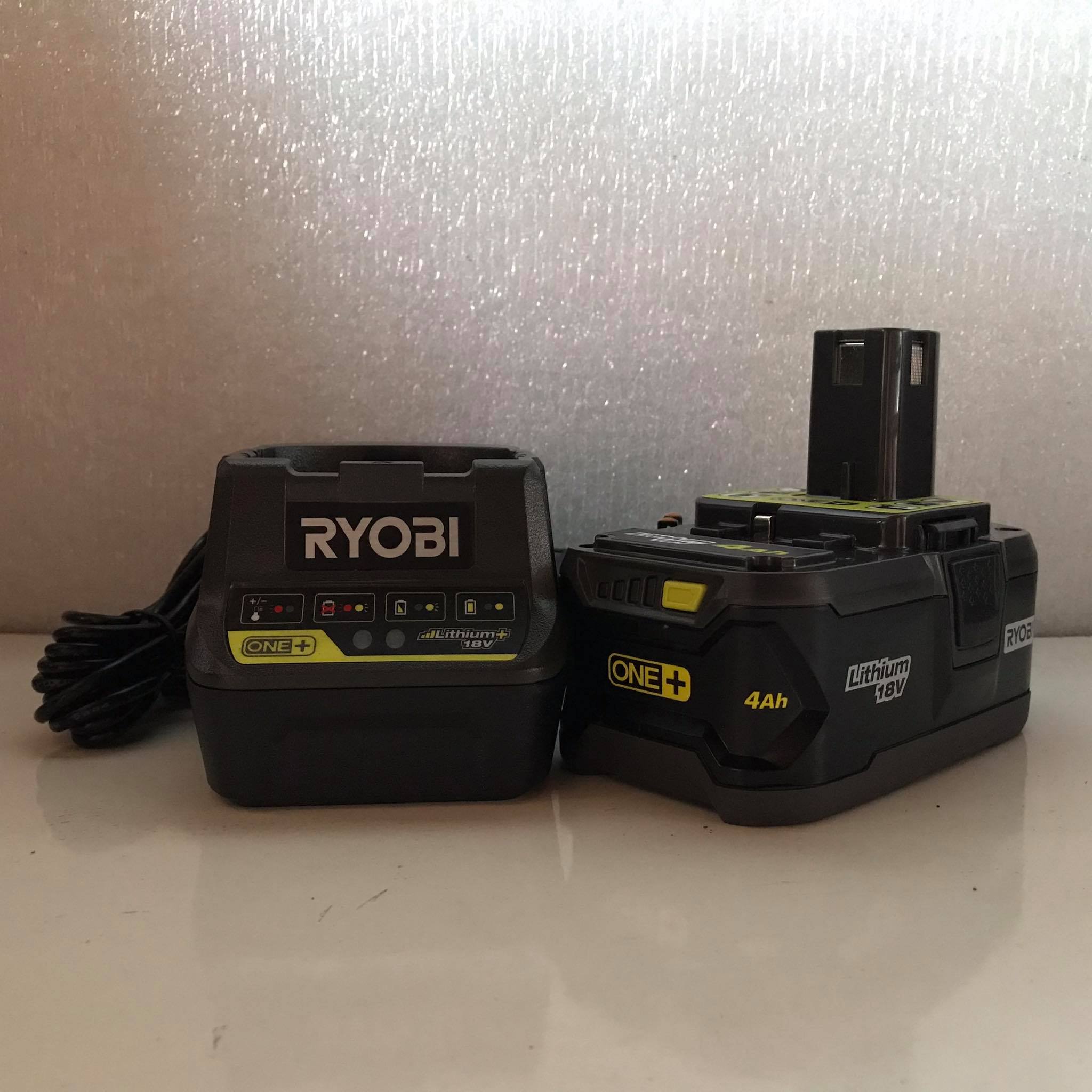
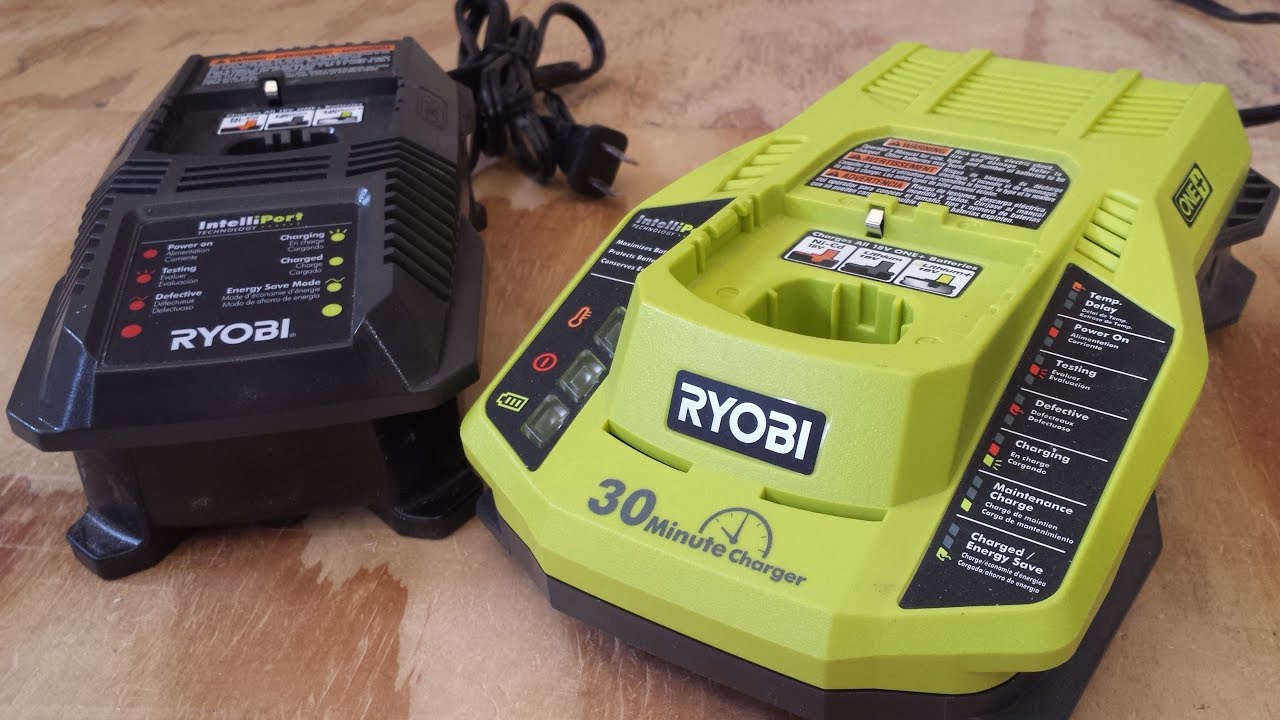
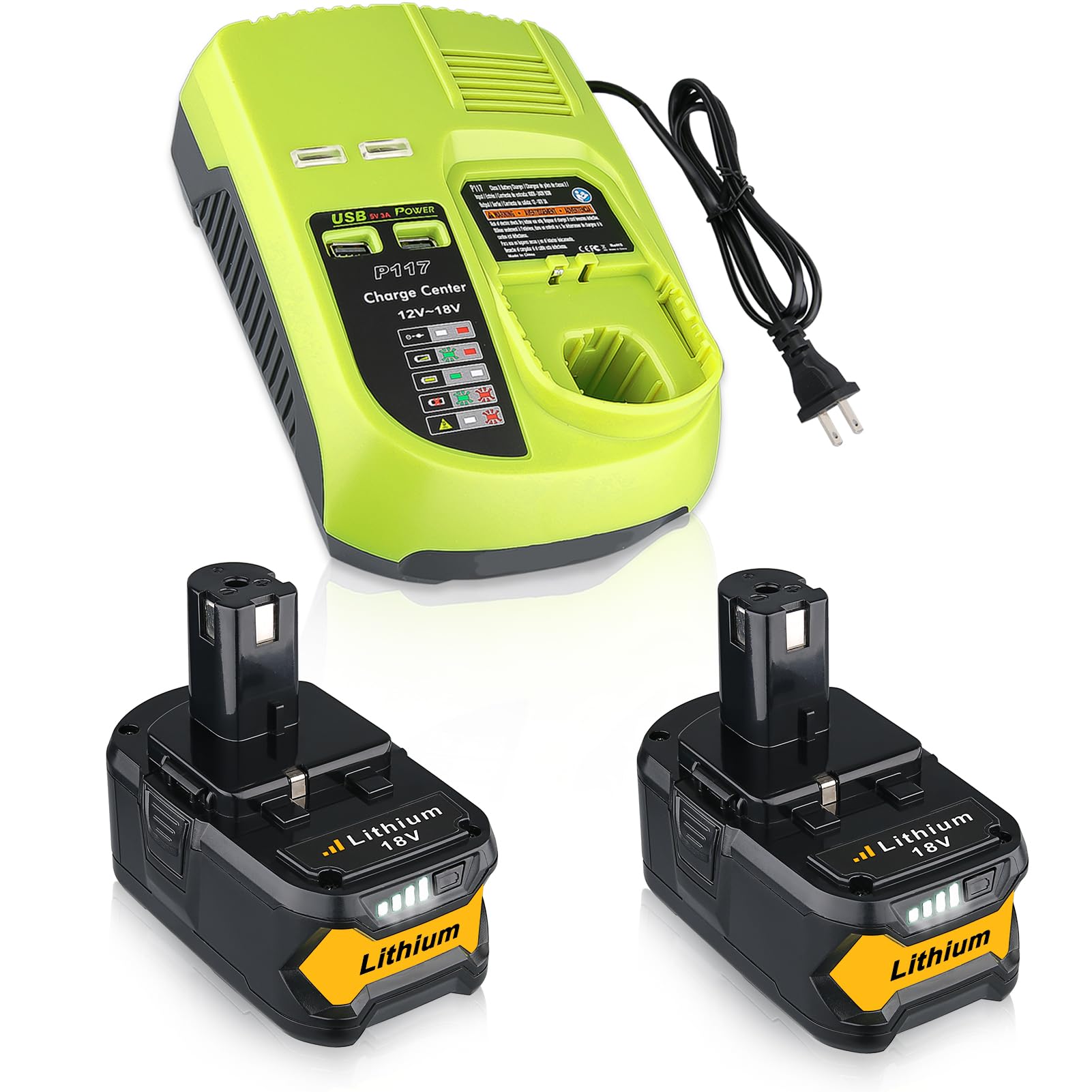
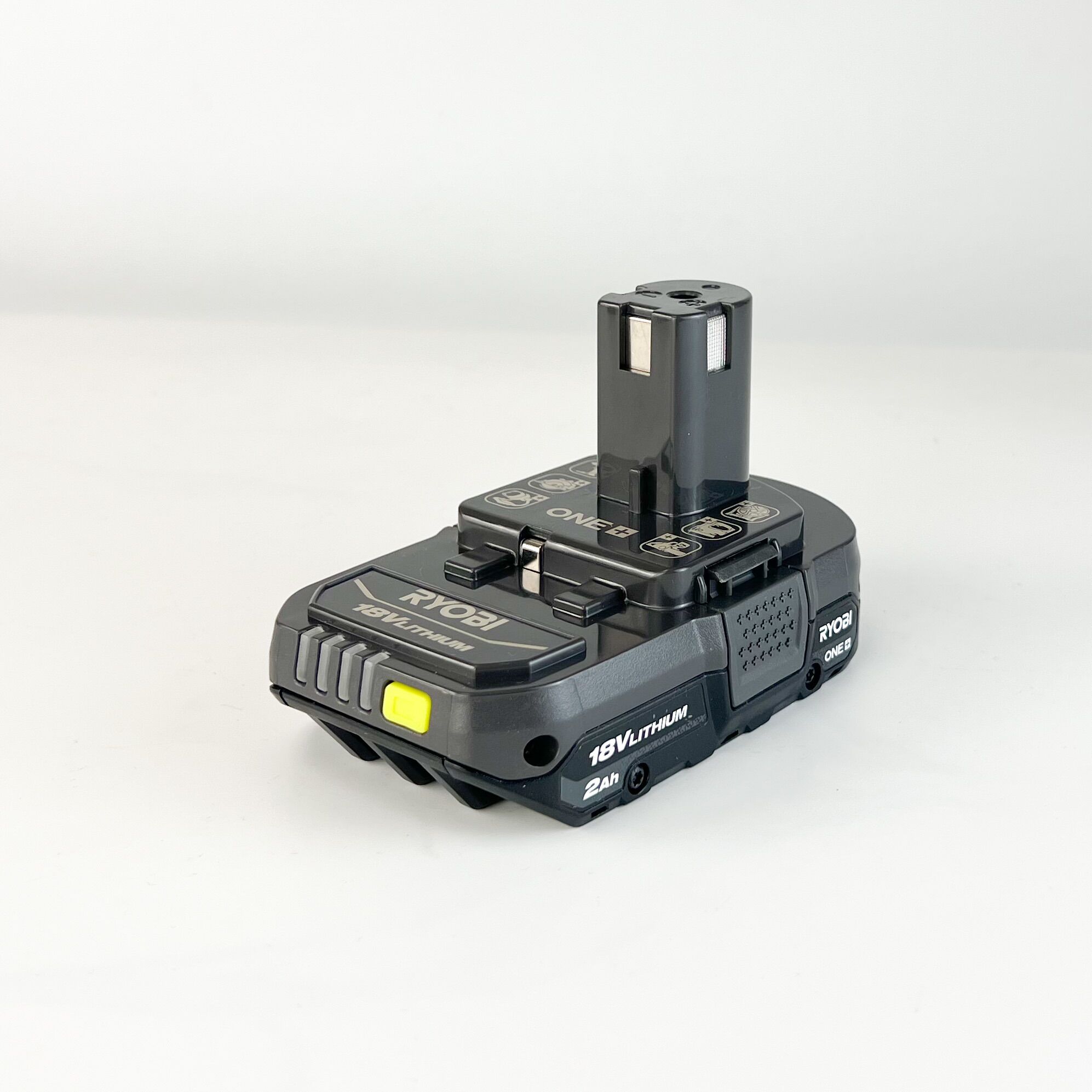
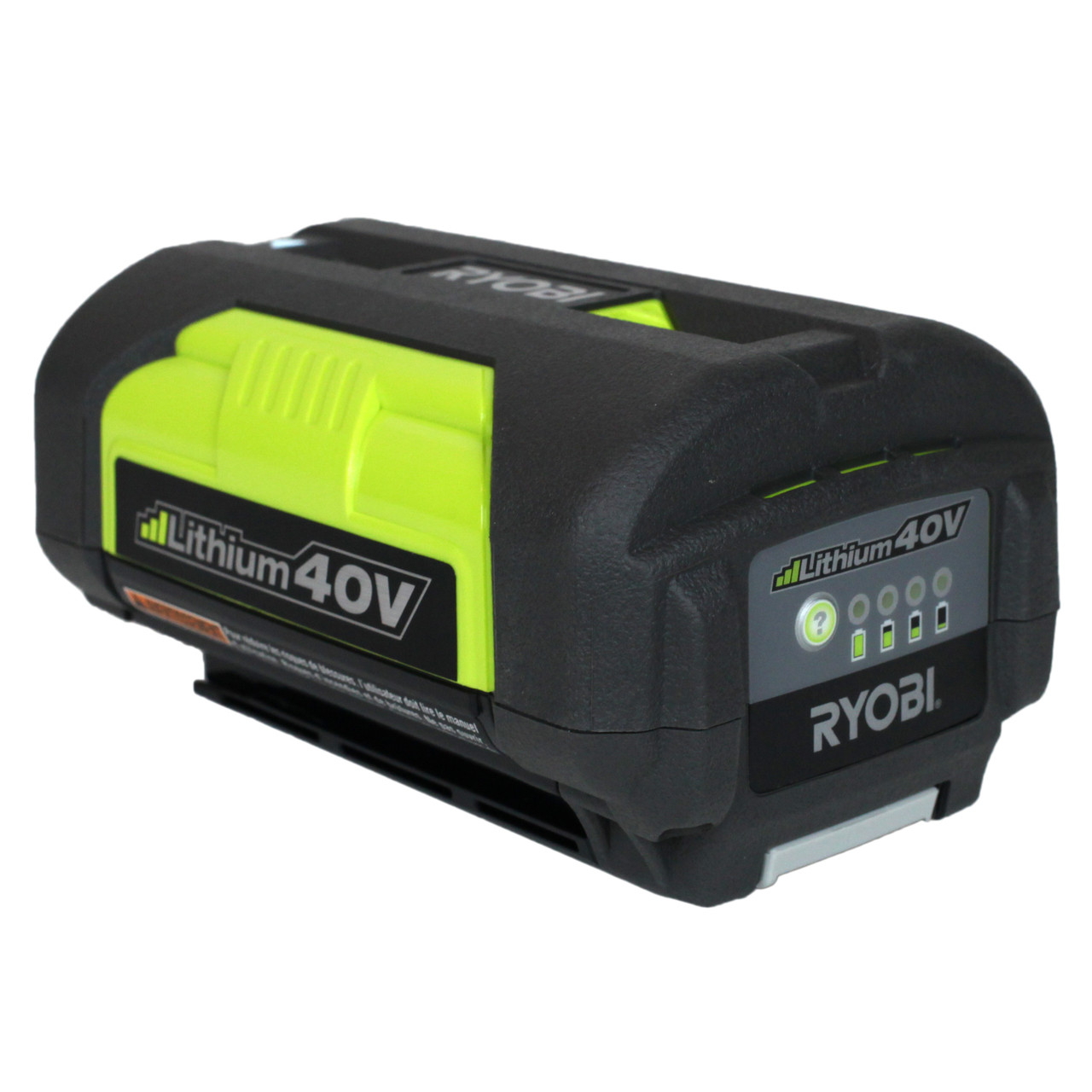
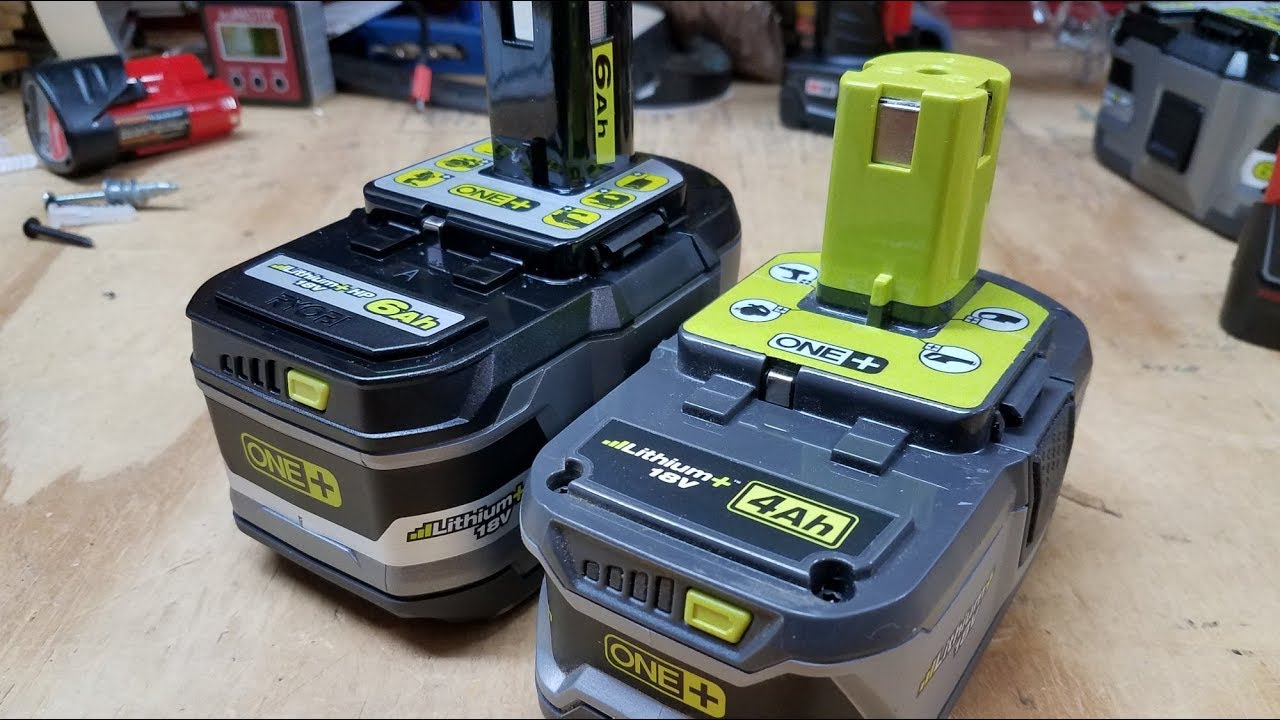
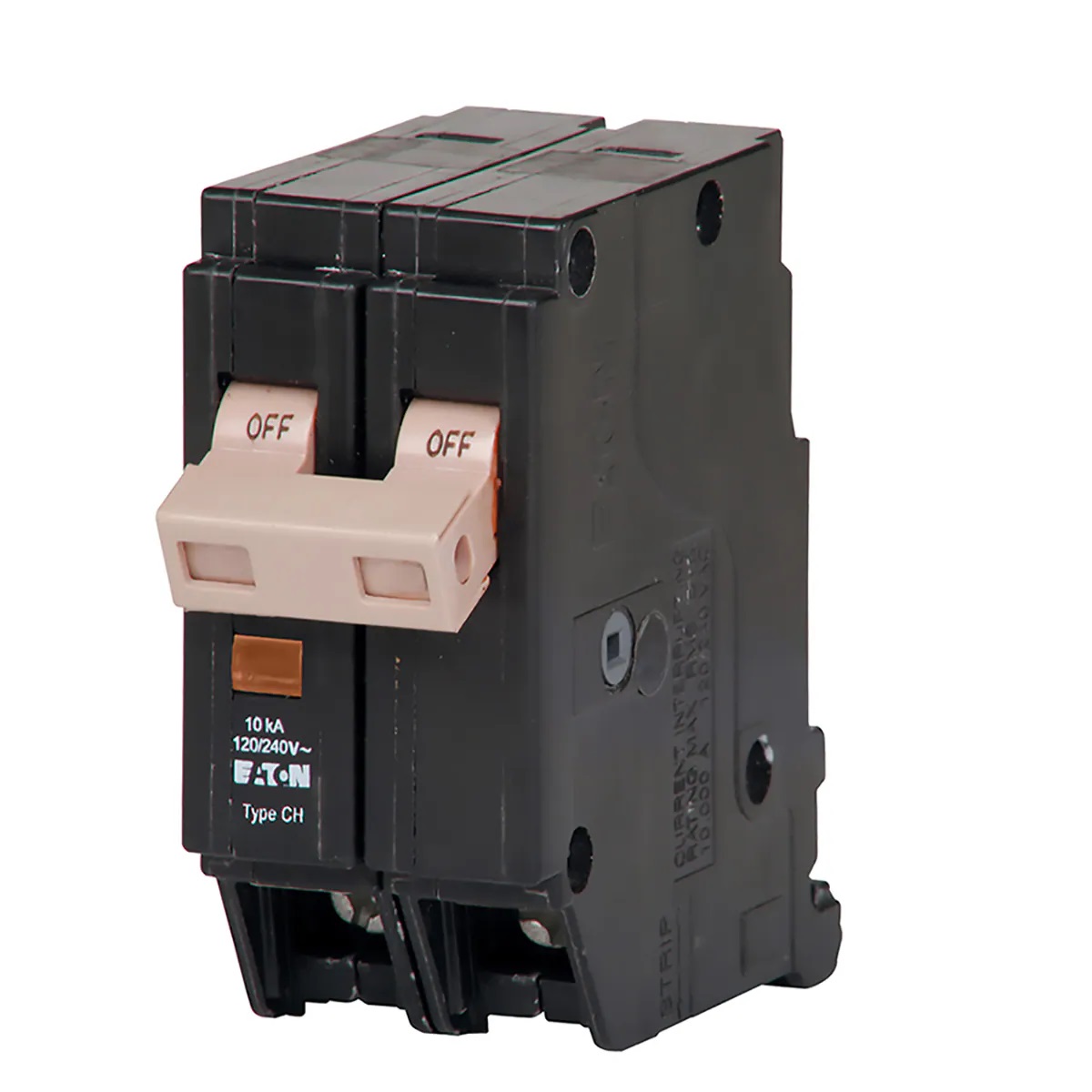
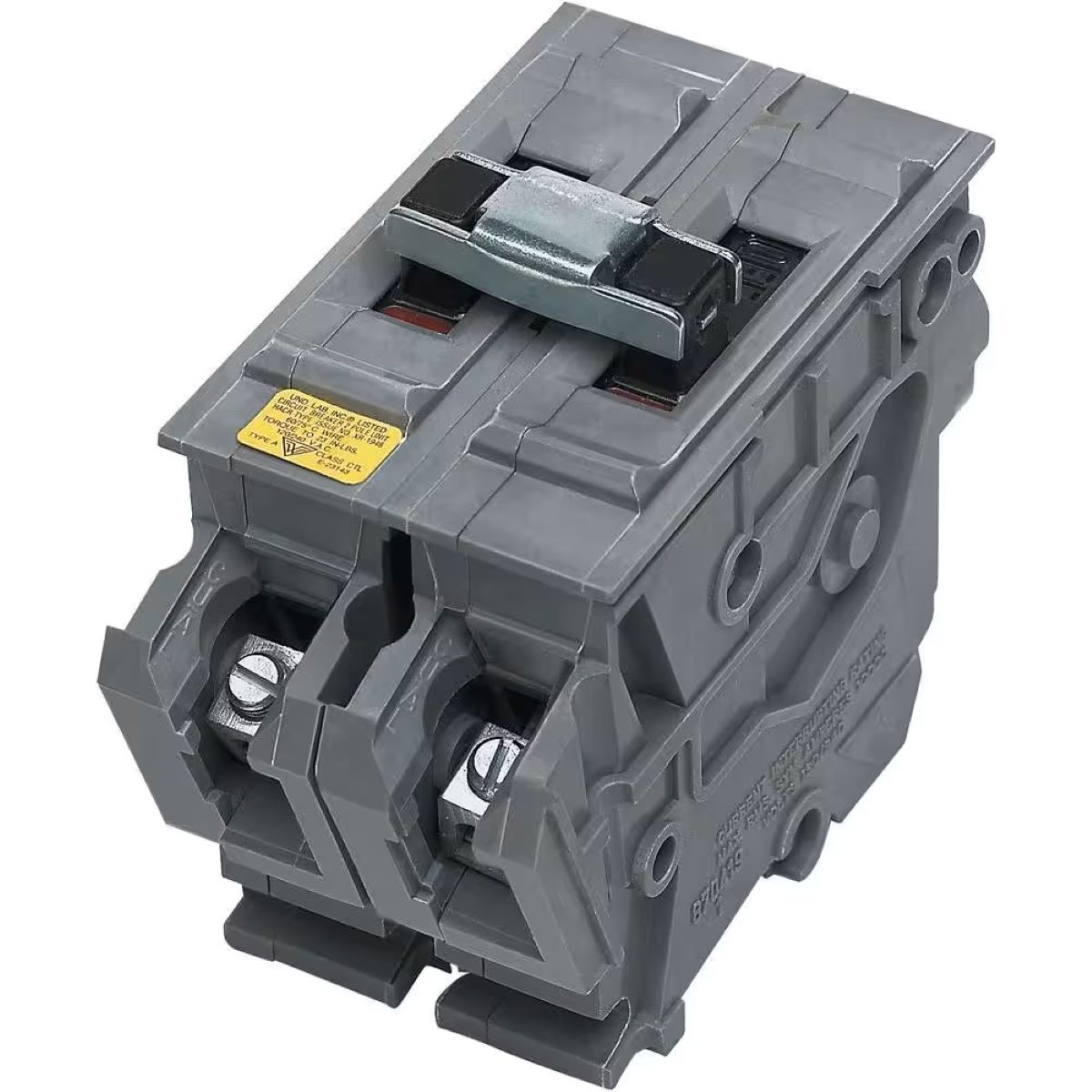
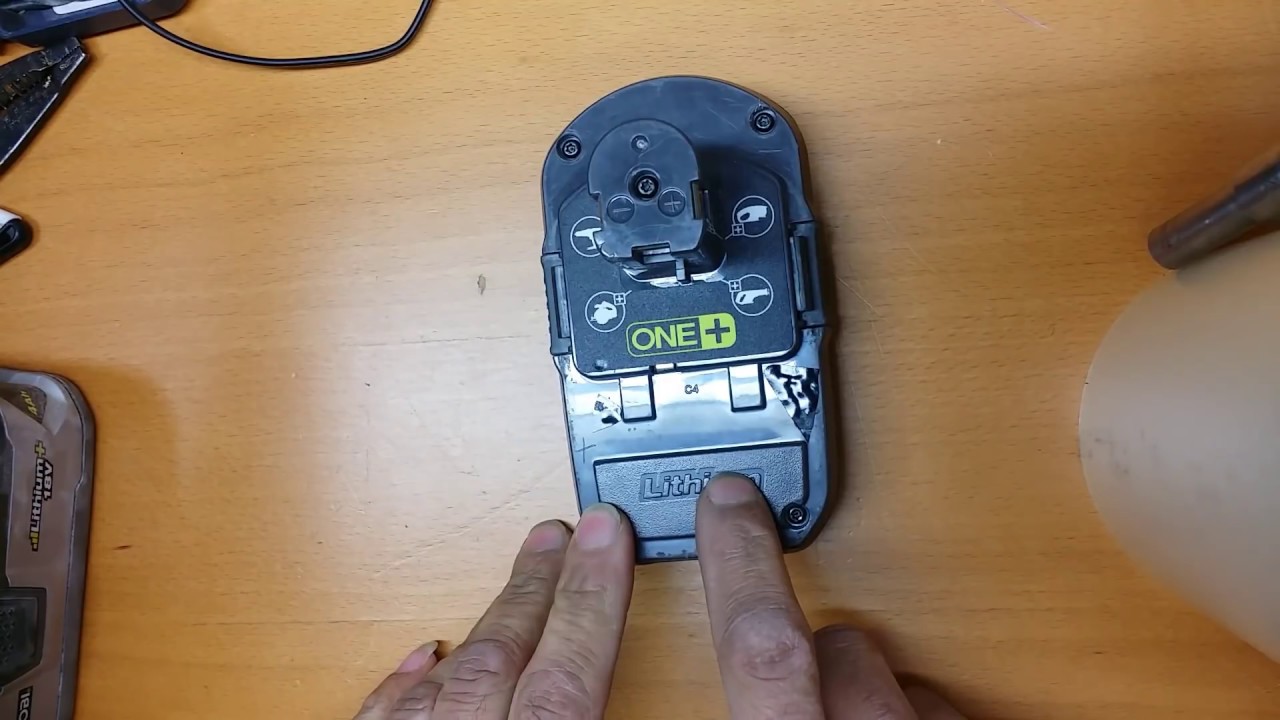
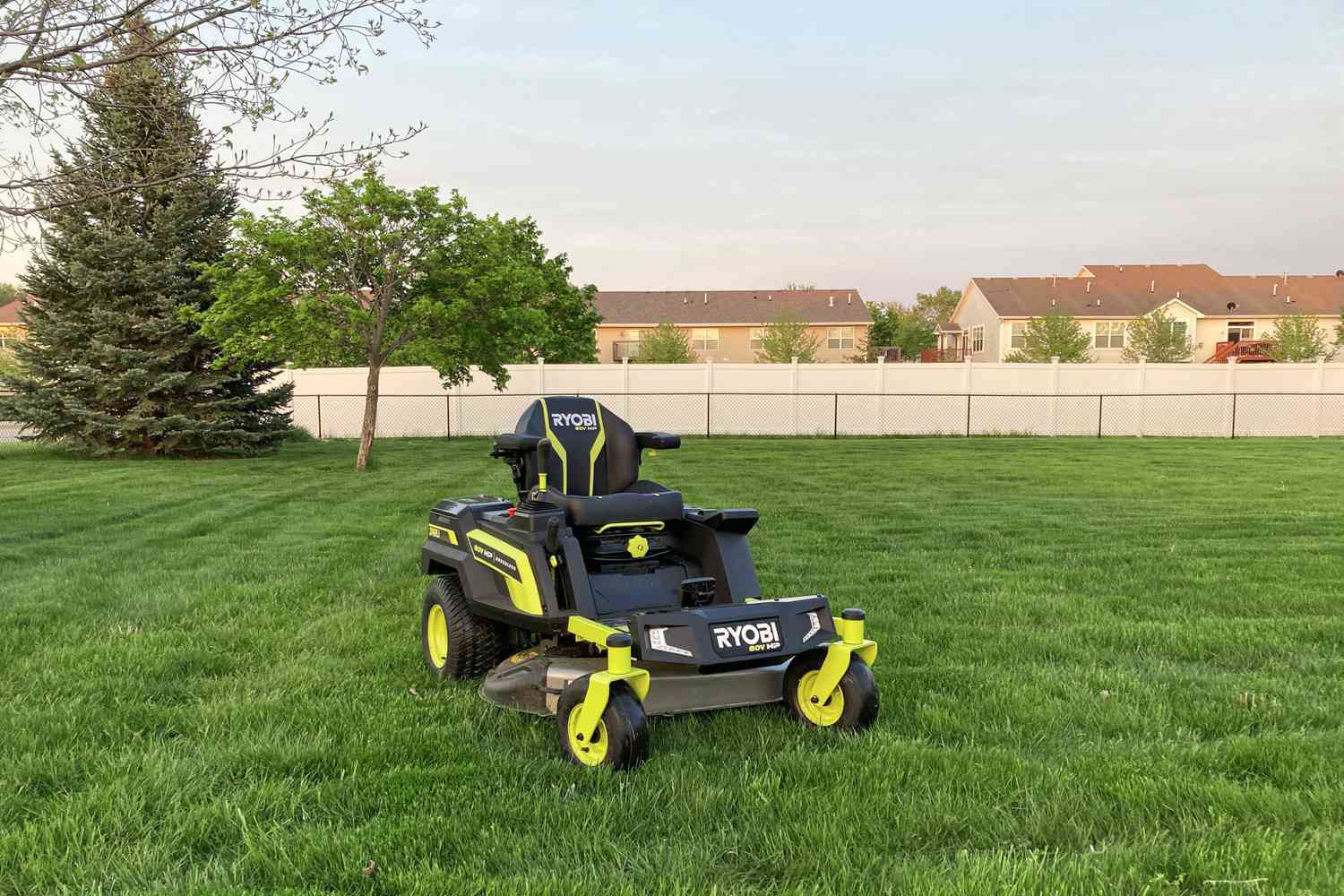

0 thoughts on “What Batteries Are Compatible With Ryobi”